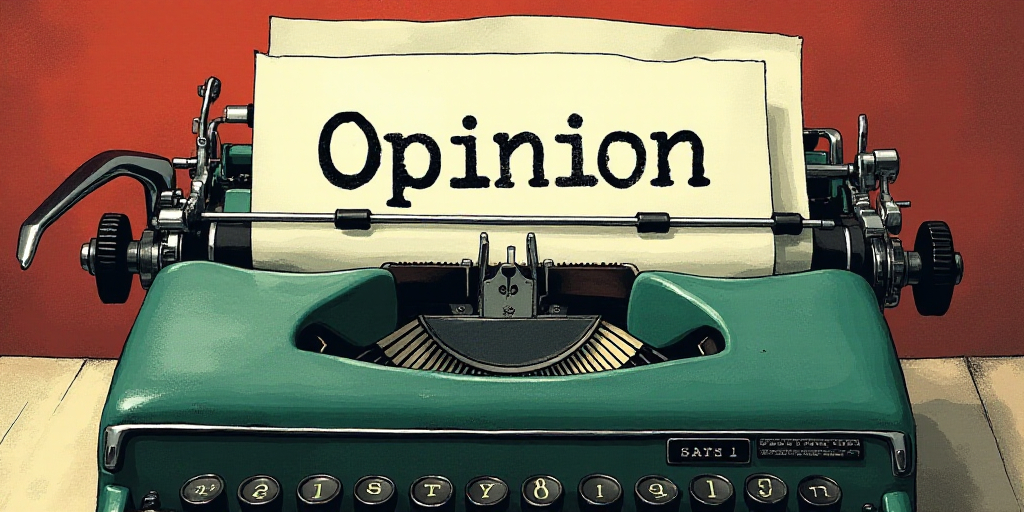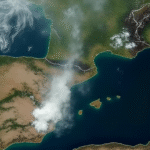Introduction
Following the departure of Secretary General Luis Almagro, the Organization of American States (OEA) has undergone a transformation, becoming more timid and cautious in addressing the brutal abuses and atrocities committed by the dictatorships of Cuba, Nicaragua, and Venezuela.
New Secretary General’s Stance
Albert Ramdin: The new Secretary General, Albert Ramdin, has shown reluctance to condemn state terrorism in Cuba, Nicaragua, and Venezuela. He has also declined to comment on the Foro Penal report revealing arrests and kidnappings by Nicolás Maduro’s regime. These omissions are alarming.
Ramdin has stated that he will monitor the “evolution” in Venezuela, a euphemism for acknowledging the 25-year dictatorship that continues to kill and kidnap civilians. His inaugural speech did not address the dictatorships of Cuba and Nicaragua, ignoring forced disappearances, kidnappings, persecution, and the expulsion of priests and journalists.
Implications for Human Rights
For the first time, crimes against humanity committed by Daniel Ortega might be excluded from the OEA’s General Assembly. If confirmed, this would mark the first time since the 2018 massacre that Ortega receives approval and forgiveness from the democracy forum.
The new OEA chief did not clearly condemn the recent assault on Mexico’s Judicial Power, which had minimal voter turnout. This cautious and regrettable handling of a flawed election demonstrates the organization’s dangerous diplomacy.
Press Freedom and Journalists
On World Press Freedom Day, the OEA failed to call for the release of arrested, exiled, or censored journalists in Cuba, Nicaragua, and Venezuela. There was no direct reprimand for the confiscation of media outlets or cyber censorship by these dictatorships.
The OEA’s new directive maintains a clear stance: managing the organization as an administrative forum that avoids uncomfortable topics. This explains why Ortega, Maduro, and Diaz-Canel were not mentioned on World Press Freedom Day.
The OEA’s Historical Commitment
Defending Democracy: The OEA’s democratic charter grants the American peoples the right to democracy, obligating their governments to promote and defend it. However, this commitment is being diluted by a new era that is friendly to dictatorships.
The OEA must challenge the powerful and amplify the voiceless. If it abandons its historical call for democracy and freedom, it risks becoming entirely irrelevant or facing imminent dissolution. There are no middle grounds when dictators continue to kill democracy and those who defend it in the Americas.
Key Questions and Answers
- Q: What is the new stance of the OEA under Albert Ramdin? A: The new Secretary General has shown reluctance to condemn state terrorism and human rights abuses in Cuba, Nicaragua, and Venezuela, focusing on a cautious diplomacy.
- Q: How might this affect human rights in the region? A: Crimes against humanity by Daniel Ortega might be excluded from the OEA’s General Assembly, marking the first time since the 2018 massacre that he receives approval from the democracy forum.
- Q: What happened during Mexico’s recent judicial elections? A: The OEA did not clearly condemn the assault on Mexico’s Judicial Power, which had minimal voter turnout. This event was antidemocratic and authoritarian, but the OEA did not label it as invalid or illegitimate.
- Q: How has the OEA addressed press freedom? A: On World Press Freedom Day, the OEA failed to call for the release of arrested or censored journalists in Cuba, Nicaragua, and Venezuela. There was no direct reprimand for media confiscation or cyber censorship by dictatorships.
- Q: What is the significance of the OEA’s historical commitment to democracy? A: The OEA’s democratic charter obliges governments to promote and defend democracy. Abandoning this commitment risks the organization’s irrelevance or dissolution, as dictators continue to undermine democracy in the Americas.






